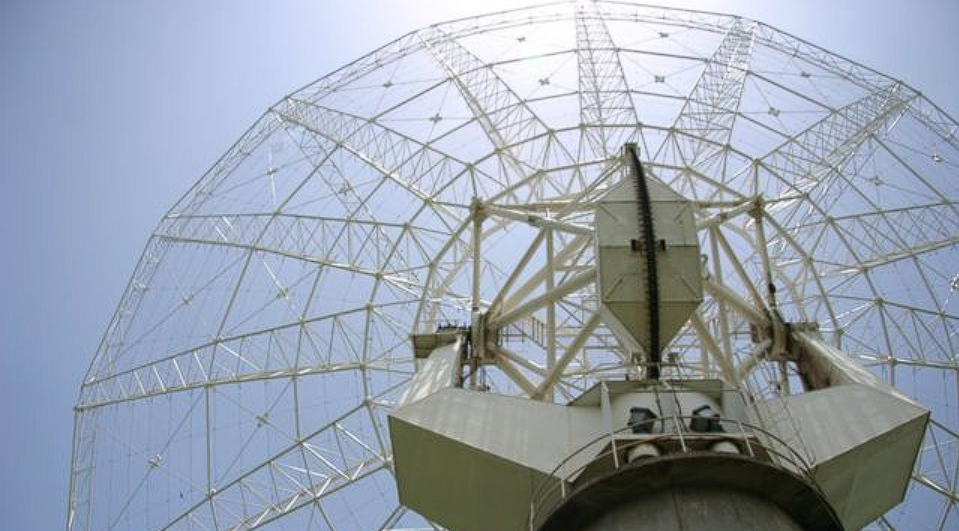Giant telescope in China has captured a new radio signal from deep space.
Others are reading now
China’s Five-hundred-meter Aperture Spherical radio Telescope (FAST), the largest single-dish radio telescope in the world, has recently detected a new fast radio burst (FRB) from deep space.
According to Sundries.com.ua this newly discovered FRB, named FRB 20200317A, adds another layer to the enigma surrounding these cosmic phenomena.
FRBs are brief but incredibly bright flashes of electromagnetic radiation detectable in radio waves. They were first discovered in 2007, and since then, scientists have been striving to understand their nature.
Also read
These bursts are known for their fleeting appearance; they occur quickly and vanish just as fast. Some FRBs have been found to recur, but most are one-time events.
Various theories have been proposed to explain FRBs. Some scientists believe they are related to the activity of magnetars—neutron stars with extremely strong magnetic fields. Others think they might occur when two neutron stars or two white dwarf stars merge, or when a neutron star transforms into a stellar mass black hole.
It’s worth noting that the energy detected from FRBs by ground-based telescopes might not represent their true energy levels. These radio pulses could lose some of their energy while traversing vast cosmic distances.
The FAST telescope itself is a marvel of modern technology, with a reception area equivalent to 30 football fields. Operational since early 2020, it has already detected four FRBs, including the latest one. Scientists are conducting a thorough analysis of the data collected to gain more insights into these mysterious cosmic events.
This discovery by the FAST telescope adds another piece to the puzzle of understanding fast radio bursts, as researchers continue to explore the depths of the universe.


